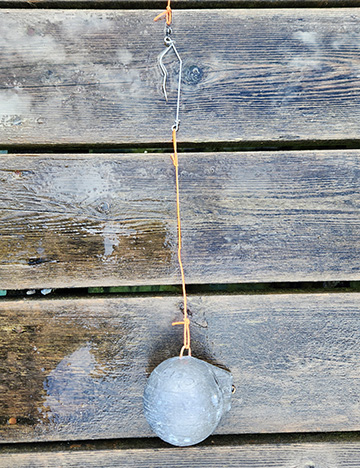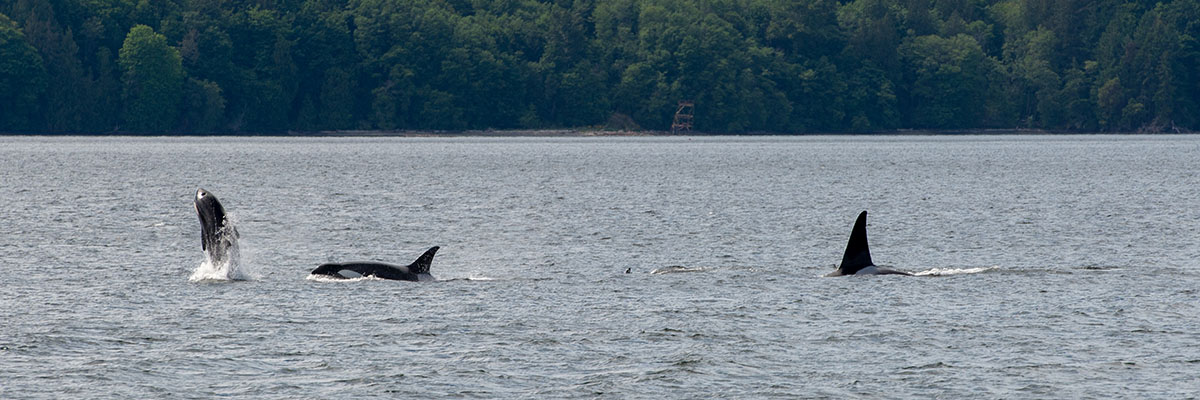
Fishing
Gulf Islands National Park Reserve
Fishing is a popular hobby for many people, but it can impact marine biodiversity. You can help Parks Canada protect the marine and terrestrial environment by practicing responsible sport fishing when visiting Gulf Islands National Park Reserve.
Important information:
- Carry the appropriate licenses (Tidal Waters Sports Fishing Licence).
- Follow Fisheries and Oceans Canada (DFO) regulations and respect area closures. Gulf Islands National Park Reserve is in management areas 18 and 19.
- Immediately record all retained lingcod, Chinook salmon, and halibut on your Tidal Waters Sport Fishing Licence.
- All freshwater lakes and streams within Gulf Islands National Park Reserve are closed to fishing.
Rockfish Conservation

Fisheries and Oceans Canada has established Rockfish Conservation Areas in the Gulf Islands to protect inshore rockfish. For more information, you can visit the their web pages for areas 18 and 19.
These closures aim to protect long-lived, slow-to-reproduce, and non-migratory rockfish species, that spend most of their lives in specific home territories. These fish are highly sensitive to harvest, which is leading to their decline. Due to incidental rockfish bycatch, these closures apply to all hook and line fishing in Rockfish Conservation Areas.
When rockfish are brought to the surface, they can suffer from barotrauma (injury caused by a change in air pressure), which is often fatal. Since 2019, all anglers fishing from boats must carry a descending device to release rockfish at the depth they were caught. Studies have shown that the use of descenders reverses barotrauma and significantly reduces rockfish mortality. There is a potential $863.00 fine if you are found fishing from a boat without a descender, even if you are not targeting bottom fish.
Protecting Southern Resident Killer Whales

The Southern Resident Killer Whales are an endangered species, with fewer than 75 whales remaining in the population . They face three key threats to their survival: contaminants, a decline in the availability of Chinook salmon (their main prey), and physical and acoustic disturbance. The Government of Canada has developed management measures to protect the Southern Resident Killer Whales, including fishery closures and the establishment of Interim Sanctuary Zones. These actions will help protect the whales’ access to Chinook salmon in key foraging areas. Before heading out on the water, be sure to familiarize yourself with the most recent Canadian laws and regulations to protect Southern Resident Killer Whales.
Reporting violations:
- Parks Canada Emergency Dispatch: 1-877-852-3100. Call this number when you are within the national park reserve to report any fishing violations or incidents involving marine mammals. National Park Wardens are designated fishery officers who can enforce fishing and marine mammal regulations.
- Fisheries and Oceans Canada’s 24/7 Observe, Record, Report Line: 1-800-465-4336. Call this number to report violations or incidents happening in Canada.
Note: Indigenous communities have constitutionally protected rights to harvest marine resources within the national park reserve and are not subject to the BC Sport Fishing Regulations when exercising these rights.
Additional Resources:
- Date modified :